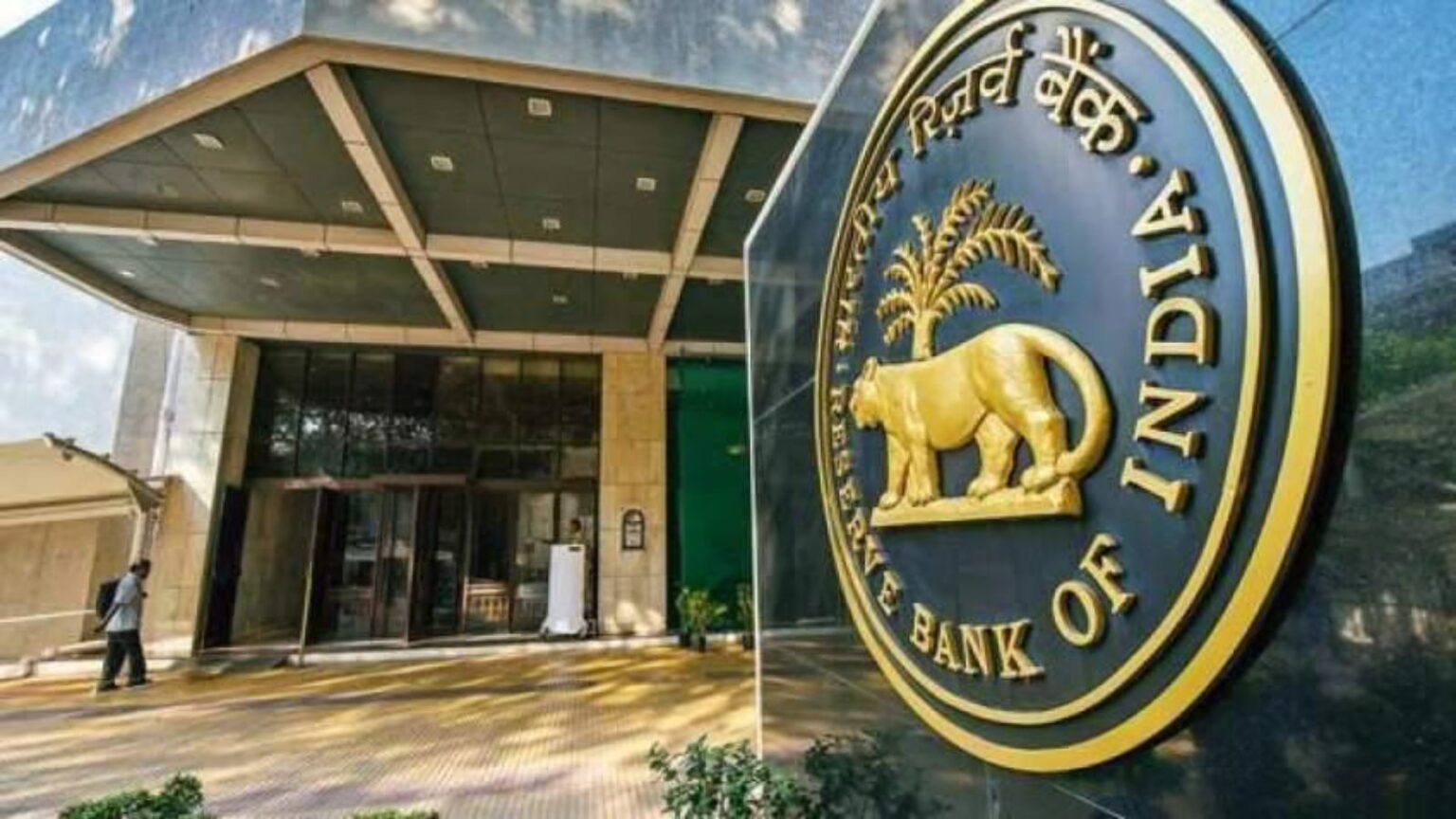Municipal corporations in India face a severe revenue crunch, with their receipts representing a mere 0.6% of the GDP in 2023-24. This stark contrast with the Central and State governments’ receipts (9.2% and 14.6% respectively) highlights the financial constraints plaguing urban governance.

Source:- bbc news
The limited revenue base of municipal corporations hampers their ability to deliver essential services like water supply, sanitation, and waste management. This, in turn, impacts the overall quality of urban life and hinders India’s urban development agenda.
Source:- news 18
Several factors contribute to this financial predicament. Property tax, a major source of revenue, is often underutilized due to outdated valuation systems and inefficient collection mechanisms. Additionally, the reliance on central and state grants makes municipal corporations vulnerable to fluctuations in government funding.
To address this issue, the Reserve Bank of India (RBI) has recommended several measures, including property tax reforms, rationalization of user charges, and strengthening collection mechanisms. These reforms are crucial to ensure that municipal corporations can generate sufficient revenue to meet the growing needs of urban India.
The success of these reforms hinges on the political will and administrative capacity of state governments and municipal corporations. By empowering local governments and providing them with the necessary resources, India can unlock the full potential of its urban areas and build sustainable, inclusive cities.
Share your views in the comments

